📘 The Importance of Continuous Learning in Today’s World
In an era of rapid change, continuous learning has become a necessity, not a luxury. Whether you’re an individual professional or a business leader, staying relevant, adaptable, and competitive depends on your ability to keep learning.
🚀 Why Continuous Learning Matters
1. Keeps You Relevant in a Changing World
Technology evolves fast. Skills in demand today—like AI literacy, data analysis, or digital collaboration—weren’t priorities a decade ago. Continuous learning helps individuals stay ahead of the curve and ensures organizations remain competitive.
“The illiterate of the 21st century will not be those who cannot read and write, but those who cannot learn, unlearn, and relearn.” – Alvin Toffler
2. Boosts Career Growth and Employability
Professionals who commit to learning often advance faster. It shows initiative, adaptability, and a growth mindset—qualities employers actively seek. Certifications, new skills, and upskilling can open doors to promotions, salary increases, and new roles.
3. Encourages Innovation and Creativity
Learning exposes you to new ideas, tools, and perspectives. This stimulates creative thinking, helping you solve problems more effectively and identify new opportunities, both personally and for your organization.
4. Builds Confidence and Motivation
Mastering new skills boosts self-esteem. When you grow intellectually, you also grow emotionally. Learning empowers you to tackle challenges with greater resilience and confidence.
5. Drives Organizational Agility
For businesses, investing in employee learning creates a culture of adaptability. Companies that prioritize continuous development are more resilient to market disruptions, can adopt new technologies faster, and often have higher employee engagement and retention rates.
🧠 What Does Continuous Learning Look Like?
It’s not just formal education. It includes:
- Workshops and seminars
- Online courses and certifications
- Peer learning and mentorship
- Reading, podcasts, and videos
- On-the-job training and cross-functional projects
Whether structured or informal, the key is consistency.
🌍 Real-World Example
Think of the pandemic’s impact. Businesses that embraced remote work tools and digital training platforms thrived. Employees who had digital skills adapted quickly. This was not luck—it was the result of a learning culture already in place.
✅ How to Embrace Continuous Learning
- Set learning goals regularly (monthly or quarterly)
- Stay curious—ask questions, explore new fields
- Seek feedback and act on it
- Join learning communities or professional groups
- Apply what you learn in real-life scenarios
🔚 Conclusion
Continuous learning isn’t a one-time event—it’s a lifelong habit. It future-proofs your career, fuels innovation, and helps individuals and organizations thrive in an ever-changing world.
Learn not because you’re forced to, but because you choose to grow.
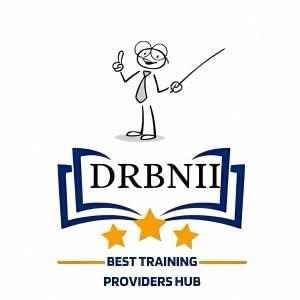


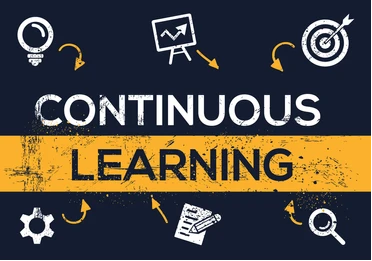
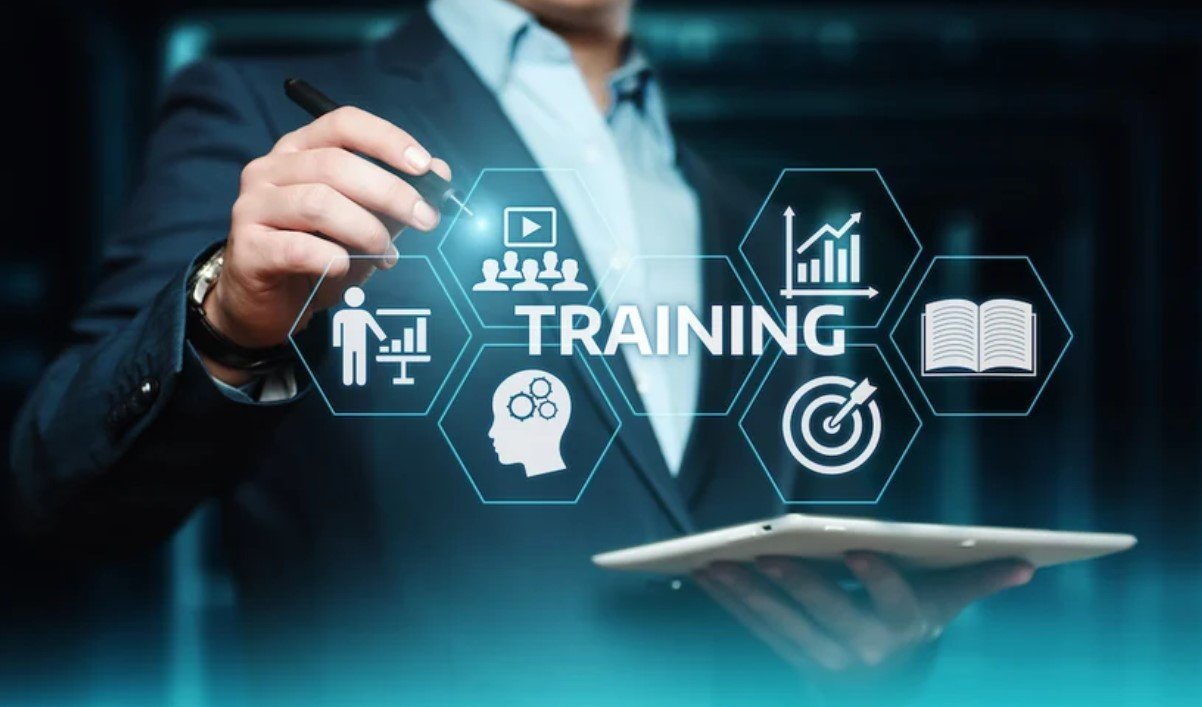
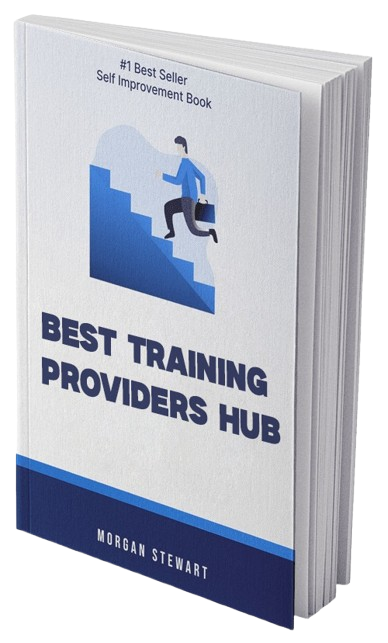
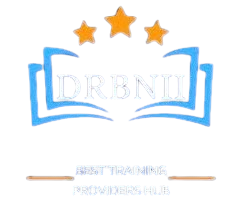
Add a comment